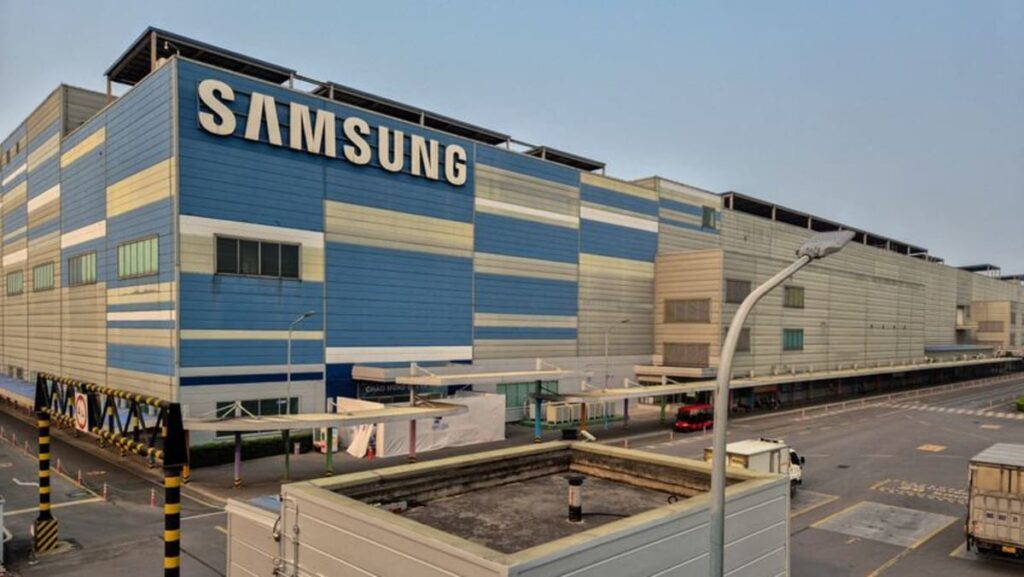SEOUL/HANOI : When Samsung Electronics chairman Jay Y. Lee met Vietnam’s prime minister in July, he had a simple message to convey.
“Vietnam’s success is Samsung’s success, and Vietnam’s development is Samsung’s development,” Lee told Pham Minh Chinh, pledging long-term investment to make the country its biggest manufacturing base for display products.
Since the South Korean conglomerate entered Vietnam in 1989, it has poured billions of dollars into expanding its global manufacturing footprint beyond China. Many of its peers followed after United States President Donald Trump placed tariffs on Chinese goods in his first term.
The pioneering move has made Samsung Vietnam’s biggest foreign investor and exporter.
About 60 per cent of the 220 million phones Samsung sells each year globally are made in Vietnam, and many are destined for the US, where Samsung is the Number Two smartphone vendor, according to research firm Counterpoint.
Now, that reliance on Vietnam threatens to backfire as Hanoi is racing to negotiate with the Trump administration to lower a punishing potential 46 per cent tariff that has exposed the vulnerability of the Southeast Asian country’s export model.
While Vietnam and Samsung won a reprieve this week after Trump paused the rate at 10 per cent for 90 days, Reuters interviews with more than a dozen people, including at Samsung and its suppliers, show the company would be a primary victim should higher US tariffs take effect in July.
“Vietnam is where we produce most of our smartphones, but the tariffs (initially) came out much higher than expected for the country, so there’s a sense of confusion internally,” said a Samsung executive who, like some others, was granted anonymity to discuss a sensitive subject.
Even if the two countries reach an agreement, Vietnam’s roughly US$120 billion trade surplus with the US has put it in the sights of a US administration targeting such imbalances. Hanoi hopes to get the duties reduced to a range of 22 per cent to 28 per cent, if not lower, Reuters has reported.
Amid the uncertainty, Samsung and its suppliers are considering adjusting production, said four people familiar with the matter. That could involve increasing output in India or South Korea, though such steps would be costly and time-consuming, they said.
https://www.channelnewsasia.com/asia/vietnam-samsung-trump-tariffs-phones-manufacturing-5061456


